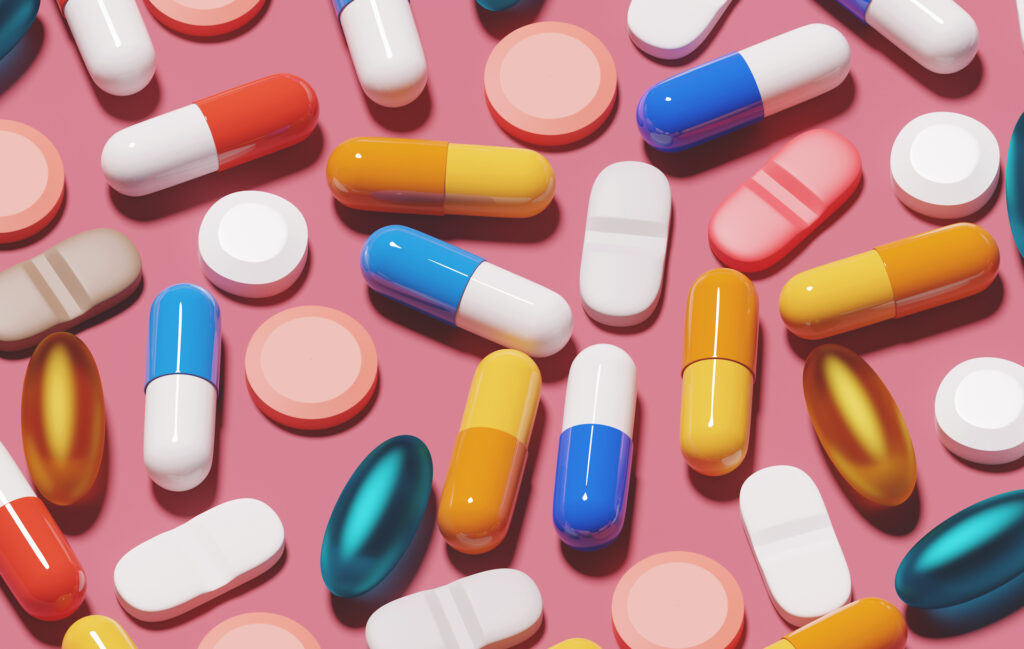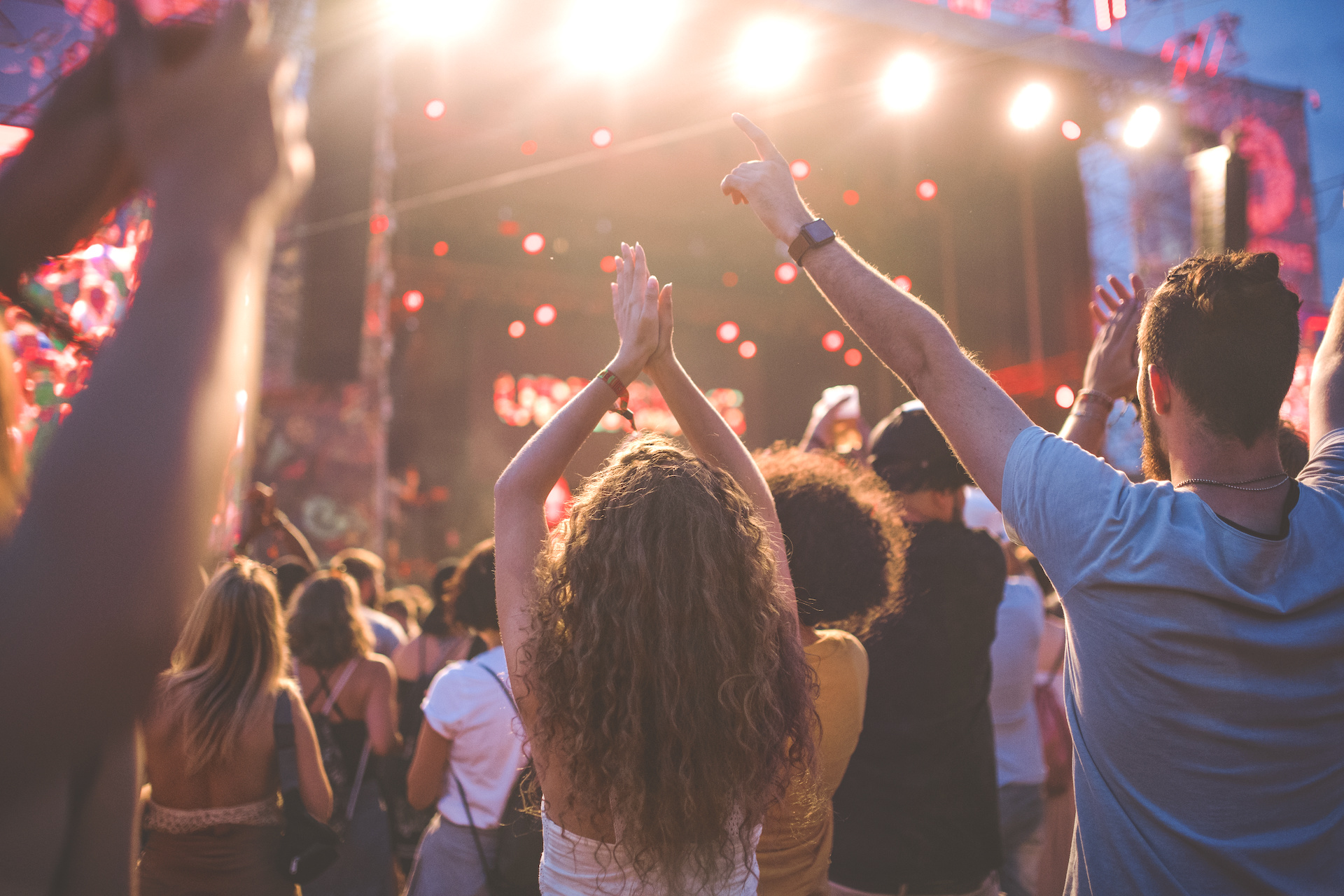For attendees of music festivals, outdoor concerts and substance use may go hand-in-hand. When it comes to substance use at music festival, there are a few specific concerns that come up.
A common thread among substances used at festivals is the inconsistency of the purity of substances shared. This inconsistency increases the potential for serious harm.
It is estimated that over half, or 57.4% of attendees, use a substance while at festivals and concerts. It’s easy to see just how difficult attending a festival or concert could be for someone in recovery.
Prevalence of Substance Use at Music Festivals
Over half of music festival attendees will consume alcohol or use a substance during a concert or festival. The most common substance used is alcohol, with 93.4 percent of those saying they consumed alcohol at events. The second most popular is marijuana at 39.4%.
While marijuana and alcohol are certainly the most commonly used substances, a wide variety of illicit drugs are found at festivals. Hallucinogens clock in at 8.1%, and ecstasy at 7.9%. It was less common for those who use substances at music events to report the use of cocaine, opioids, and benzos, but they are certainly present at these events.
A secondary risk to substance use includes dehydration, which is already a high risk at music events and only worsened when intoxicated or under the influence of a substance.

Purity of Substances at Music Festivals
One huge risk associated with substance use at a music festival is the inconsistent purity of the substance. Attendees can easily be exposed to dangerous substances intentionally or unintentionally. This can certainly lead to physical harm, increasing the chances of an overdose, over intoxication, or sexual assault.
Organizations working in harm prevention have studied the potential benefits of offering to test substances present at festivals to tackle this concerning issue. This would allow those who plan to use substances to remain informed on what potential risks are present.
Music Festivals and Recovery
If you are newly sober or doing recovery work for an addiction, a music festival could be a high-risk situation. This is an environment highly associated with substance use, making it difficult for attendees to avoid exposure to these substances.
For someone who is in active recovery, this can present a very real risk of resumed use. In addition to a potential setback in their recovery, resumed use is often associated with an increased chance of overdose. If you’ve taken an extended break from a substance, your tolerance can decrease. A previous dosage could be too much.
Having a Plan of Action
For someone who is newly sober, the easiest way to avoid resumed use at a music festival is to stay home. Of course, this isn’t a favourable option for many. If music and concert-going have been a hobby and social outlet for you, giving it up altogether might not be something you’re OK with doing.
For those who want to attend a music festival and remain sober, a plan of action can help make these events a safe experience. As a rule of thumb, never attend these events alone. Always bring a friend who can offer support when needed while attending.

More beneficial, perhaps, is attending with a group of other people in recovery. A trusted group who are seriously invested in enjoying the event without the use of drugs or alcohol. Some music festivals and concerts are drug and alcohol-free. This is another option for someone who enjoys live music but is fearful of the risk of resumed use. Lastly, prepare yourself for these events by learning tools for coping with high-risk situations.
If you or someone you love is struggling with addiction, we’re here for you. We provide 24-hour medical care, psychiatry, psychology, nutrition and fitness support, specialized bodywork, and a host of other services to help you overcome addiction and build a more meaningful life.
Contact us to learn more about our facility and how we can help you on your journey to recovery.




